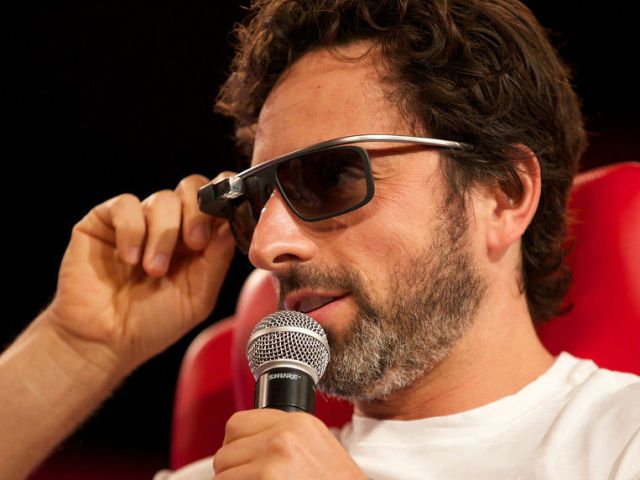
Google Glass ain’t dead, and it’s going to make a come-back sometime this year, or mayhaps even in 2016. It will look almost the same, but this time it will be more enterprise oriented.
Google hasn’t admitted, yet, that their first iteration of Google Glass was a big flop, mainly because of the NSA leaks, and the big G is trying once again to make G-Glass happen.
Rumors have it that the new Glass, which is basically the same as the company’s first product, design wise, will cost less than $1,500 so enterprises will be enticed in buying them, instead of other smart glass devices already released on the market.
The second gen Google Glass device has already been distributed to Glass at Work partners, notes Re/code.
Can Google make a stance in the smart glass market? There are a few consumer oriented smart glasses set to release in 2016 like the ODG R7, but it will retail at almost $3,000. Microsoft’s HoloLens will also debut in 2016, and the augmented reality device already has a cult following, mainly because of their Minecraft demo.

Google Glass competitor ODG R7
The team behind the development of Google Glass, which is lead by Tony Fadell, who took control of the project only last year, hasn’t released any technical specs, nor any information regarding a new software update, but sources note that they are working towards developing a more user-friendly, and highly intuitive interface.
Enterprise-specific augmented-reality apps have a high demand, and enterprises are more keen on testing smart glasses, and experiment to see if it helps them on the long run. Not like average consumers, who quickly disinherited the Google Glass after its launch.
The FBI was called at a cinema by an usher, because he thought someone with Google Glass was recording the movie, and streaming it live to his friends, or on the internet. The man in cause was indeed wearing Google Glass, but he had a prescription for them, and no footage was found on his device.
Paranoia drives to more paranoia.
But this isn’t to say that Google has completely put the lid on a consumer version for their G-Glass. They are still in partnership with Luxottica, a giant glass manufacturer who played a huge part in developing the Glass 1.0.
Sources close to Google, and Fadell, note that the company is secretly working on releasing a consumer friendly device. Fadell discussed the topic with BBC, and noted that – ” it’s going to take time to get it right.”, and Google needs to make a long-term commitment, and continue to invest money in wearables.
